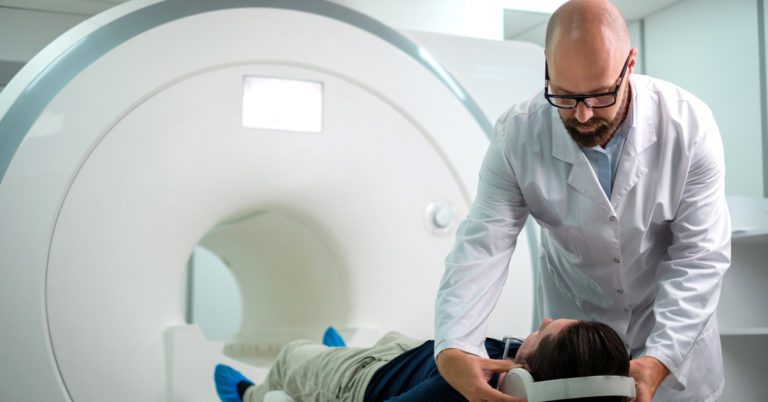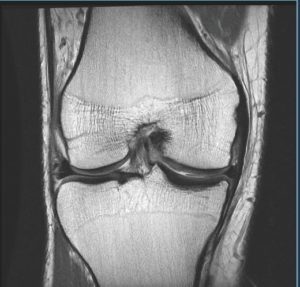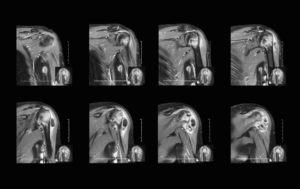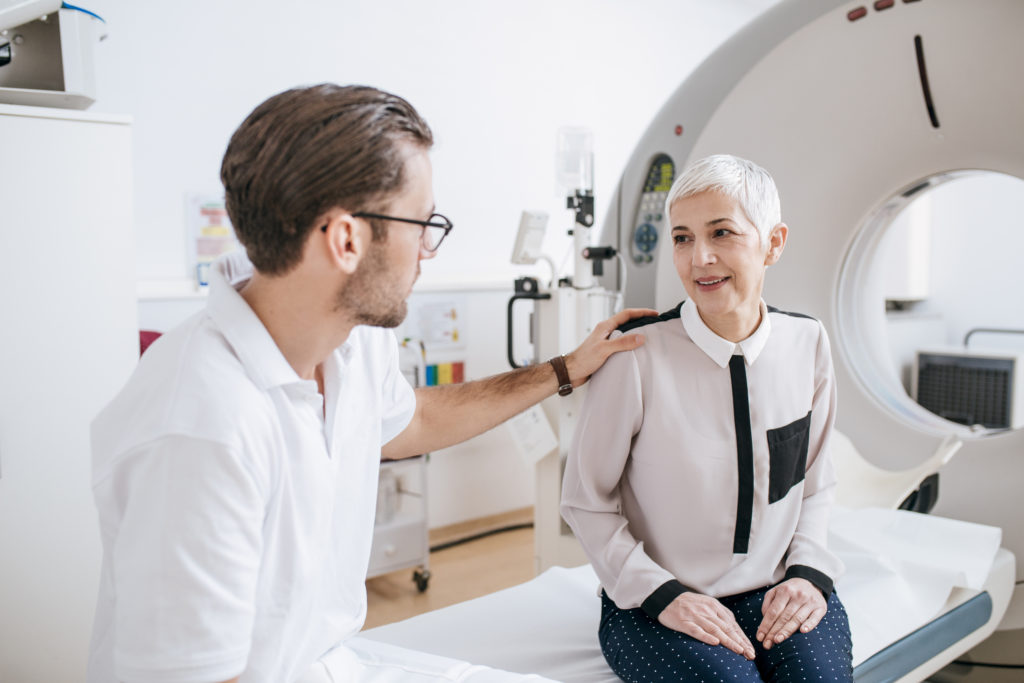Arthrograms are quick, safe and pain-free procedures. After changing into a medical gown, you’ll be escorted into an exam room. If you don’t have any prior x-rays of your affected joint, your technologist will begin by taking a “scout” x-ray.
Your technologist and radiologist will then use that initial x-ray to determine the angles, number of images and contrast dye necessary for your study.* They may also ask you questions about your medical history, particularly as it relates to recent injuries to the body part being imaged.
Once our staff has determined the course of action, you’ll receive a small injection of contrast fluid into the affected joint. Your technologist will then take several x-rays using a fluoroscope, a camera that displays the joint in real-time, much like a television screen.
Arthrograms do take longer than traditional x-rays, but your exam should be complete within approximately one hour. If your doctor has also ordered an MRI of the joint, however, you’ll need to make additional time.
A radiologist will review your study as soon as the images are available, and the results will be sent to your doctor within 24 hours to a few days after your exam.*
Your appointment will be scheduled ahead of time by your doctor’s office. However, if you need to cancel, reschedule or check your appointment time, you can call either your doctor’s office or the specific American Health Imaging center where you’re scheduled.
Please arrive 30 minutes prior to your appointment time, so that you can register with AHI and fill out necessary forms.
A quick, noninvasive procedure, an arthrogram requires little preparation. However, it is important that you avoid eating and drinking for two hours before the test. Due to the joint discomfort some patients experience following contrast dye injections, we also recommend an accompanying driver, particularly if you’re getting an ankle arthrogram.
You should also inform your chosen AHI clinic of any allergies and previous reactions to iodine-based contrast dyes. These allergies won’t prevent you from getting an arthrogram, but they will require premedication to prevent further reaction.











